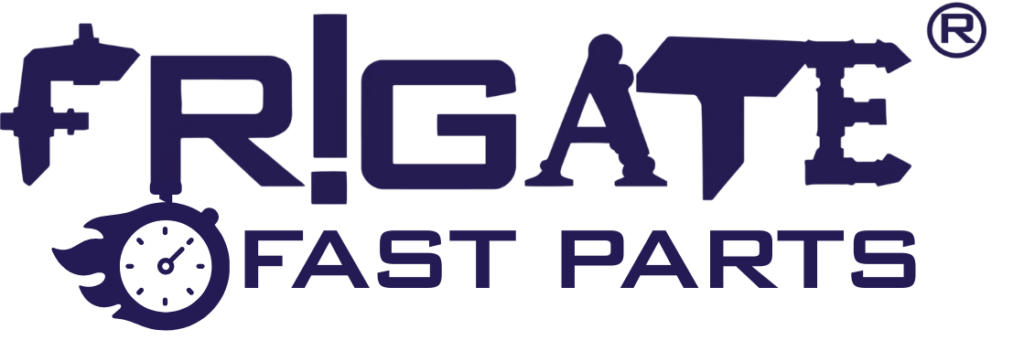CNC Turning Services for Dental & Orthodontics
Frigate supplies CNC-turned dental components with tight tolerance control, material traceability, and lot-to-lot consistency. Our CNC turning process produces geometrically complex, small-diameter precision parts used in orthodontic devices, surgical screws, and implant fixtures.
Our Clients



































- Perfection Matters
Advantages of Our CNC Turning Services
Our machining system uses multi-axis lathes with live tooling to shape biocompatible materials used in intraoral and implant-grade components.
Threading for Dental Implants
Thread turning on titanium rods achieves self-tapping thread profiles critical for primary stability in implant procedures.
Internal Grooving for Retention Features
Controlled grooving creates undercuts inside abutments to anchor crowns and bridges with high seating accuracy.
Micro-Turning for Endodontic Tools
Precision control in micro-turning delivers consistent flute geometry across high-speed rotary endodontic instruments.
- Turning Workflow
Our CNC Turning Process
We employ synchronized sub-spindle operations and tool monitoring systems to maintain uniformity across multi-operation dental part production.


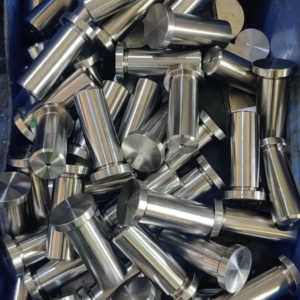
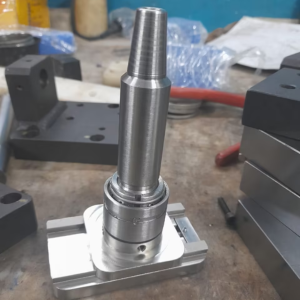
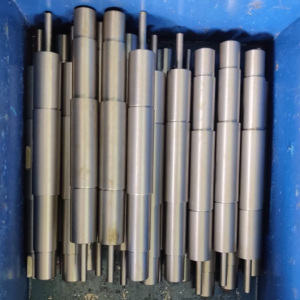

Our team designs the part in CAD software with focus on radial symmetry and tool clearance.
CAM software generates toolpaths based on spindle speeds, feed rates, and material hardness.
Operators load the raw bar stock and calibrate live tooling attachments, ensuring optimal alignment.
The part spins while stationary or live tools shape it via precision radial and axial cuts. Also, Our machines track spindle load and thermal drift in real time.
We perform part-off, facing, and secondary polishing before moving to the inspection stage.
Every part undergoes inspection using CMMs and profile projectors to verify dimensional and geometrical tolerances.
- Real Impact
Words from Clients
See how global OEMs and sourcing heads describe their experience with our scalable execution.
“Quick turnaround and solid quality.”
“The instant quote tool saved us time, and the parts were spot-on. Highly recommend Frigate!”
“Great service, fair price, and the parts worked perfectly in our assembly.”
“Top-notch machining and fast shipping. Very satisfied with the results.”
“Frigate delivered high-quality parts at a competitive price. The instant quote tool is a huge plus for us!”
“We appreciate the precision and quality of the machined components in the recent delivery—they meet our specifications perfectly and demonstrate Frigate’s capability for excellent workmanship.”
“Flawless execution from quote to delivery.”
“The precision on these parts is impressive, and they arrived ahead of schedule. Frigate’s process really stands out!”
“Parts were exactly as spec’d, and the instant quote made budgeting a breeze.”
“Good value for the money.”
“The finish was perfect, and the team was easy to work with.”
- Surface Finish
Finish in Clinical Applications
We maintain surface roughness targets below Ra 0.4 µm for parts contacting soft tissues, using fine turning and post-process cleaning.
Anodizing
Give your aluminum parts a tough, corrosion-resistant shield with anodizing, reaching surface hardness up to HV 500, while enhancing electrical insulation and durability.
Mechanical Finishing
Smooth out imperfections and refine surfaces to Ra 0.2 µm or better with mechanical finishing techniques like grinding, polishing, and bead blasting.
Heat Treatment
Boost material strength and hardness by heat treating parts at temperatures up to 1100°C, ensuring they meet the mechanical demands of your application.
Electroplating
Add protective or functional metal coatings with electroplating, delivering consistent layers as precise as ±2 µm for improved corrosion resistance and conductivity.
Our Machined Products
We support your production needs with CNC-machined parts, subassemblies, and performance-critical components.
- Material Capabilities
CNC Turning Materials for Dental Devices
We work with certified medical-grade materials to meet functional and safety standards in intraoral and implantable devices. Each material suits different strength, corrosion, and sterilization requirements.
- Supports load-bearing implants with high fatigue resistance.
- Withstand repeated autoclaving without degradation.
- Stable in orthodontic retainers and clasps.
A2 Tool Steel is a high-carbon, high-chromium steel known for its toughness and wear resistance. It’s ideal for producing durable, high-strength parts that can withstand heavy use.
Aluminum is a lightweight, corrosion-resistant metal with good machinability. Because of its strength-to-weight ratio, it’s commonly used in aerospace, automotive, and various industrial applications.
Brass is a copper-zinc alloy known for its machinability and corrosion resistance. It’s used for components requiring precise detailing and good mechanical properties.
Bronze is a copper-tin alloy with excellent wear resistance and strength. It’s often used for bushings, bearings, and other friction-prone components.
Cast Iron is known for its high wear resistance and machinability. It’s used in heavy-duty applications such as machinery parts and engine components.
Copper offers excellent thermal and electrical conductivity. It’s used in applications requiring heat dissipation or electrical conductivity, such as electronic components.
Steel is a versatile material known for its strength and durability. It’s used in various applications, from construction to automotive parts.
Titanium is a lightweight, high-strength metal with excellent corrosion resistance. It’s used in aerospace, medical implants, and high-performance engineering applications.
Stainless Steel offers high corrosion resistance and strength. It’s widely used in applications ranging from kitchen equipment to industrial machinery.
Zinc is a ductile and corrosion-resistant metal known for its excellent machinability, especially in its alloy forms. It's often used for components requiring intricate details, good surface finish, and precise dimensions, commonly found in automotive, hardware, and electrical applications.
- Production Simplified
Key Highlights
Our process planning integrates CAD/CAM simulation, tool presetting, and in-process probing to improve part matching and production time. This approach allows better repeatability and accuracy across different part families.
- Reduce rework through verified digital twins.
- Receive tooling recommendations based on geometry feedback.
- Get faster quoting and lead-time forecasts.
- Match outputs with traceable lot data.
- Maintain throughput with optimized work offsets.

- Certified for Dental Device
Compliance for CNC Turning Services
Frigate’s dental machining operations follow regulatory and medical device manufacturing guidelines from raw stock to final part. Our facility uses electronic batch tracking and sterile packaging support to align with the required traceability. This protects both functional integrity and patient safety.
- Follow traceability from billet to finished part.
- Submit batch documentation with approval metadata.
- Provide signed COCs for Class II dental device parts.
Meets quality standards for medical device production, including risk controls and process validation.
Operates under conditions meeting the U.S. FDA’s requirements for device manufacturers.
Parts made using validated materials and surface treatments safe for mucosal and osseointegrated contact.
Parts are free from restricted substances, ensuring safety in use and handling.
Follows global quality assurance and continuous improvement protocols.
Supports CE-compliant part delivery as part of customer QA procedures.
Design data is processed through secure systems to protect patient-linked CAD/CAM files.
- We export to 12+ countries
Frigate’s Global Presence
Frigate takes pride in facilitating “Make in India for the globe“. As our global network of Frigaters provides virtually limitless capacity, and through our IoT enabled platform your parts go directly into production. By digitally and technologically enabling “the silent pillars of the economy” MSME and SME manufacturing industries, we are able to tap the huge potential for manufacturing to bring the best results for our clients.

100,000+
Parts Manufactured
250+
Frigaters
2000+
Machines
450+
Materials
25+
Manufacturing Process

- Accuracy Built In
Quality Testing Standards for CNC Turning Services
To measure the roundness of cylindrical features, ensuring they meet tolerance requirements.
To check internal surfaces for flatness, critical for sealing and assembly purposes.
To identify burrs or sharp edges that may affect assembly or safety.
To ensure that complex profiles (e.g., contours, curves) conform to design specifications.
To check the topography and texture of the surface, ensuring it meets the required specifications for function or aesthetics.
To verify that the surface hardness depth meets the required specifications for wear resistance.
To measure internal stresses that could lead to deformation or failure during or after machining.
To verify grain structure, inclusions, and material consistency, ensuring the part meets performance requirements.
- Our Work Speaks Visually
CNC Turned Dental Components
We hold consistent tolerances on critical features by using thermal-controlled turning centers with backlash control and real-time tool wear monitoring. Explore components developed for surgical use, orthodontic alignment, and implant support.
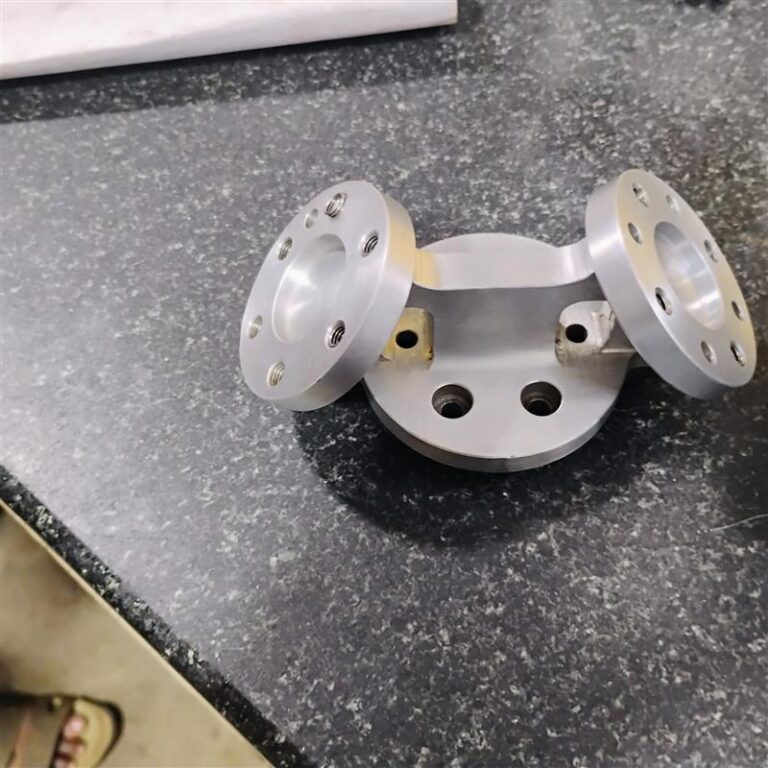
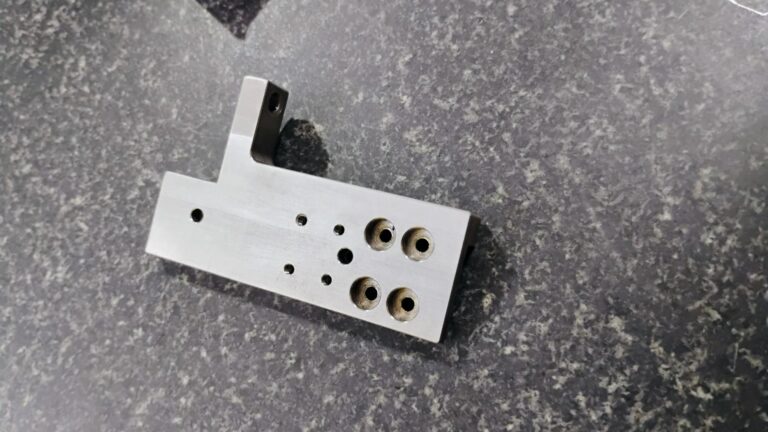
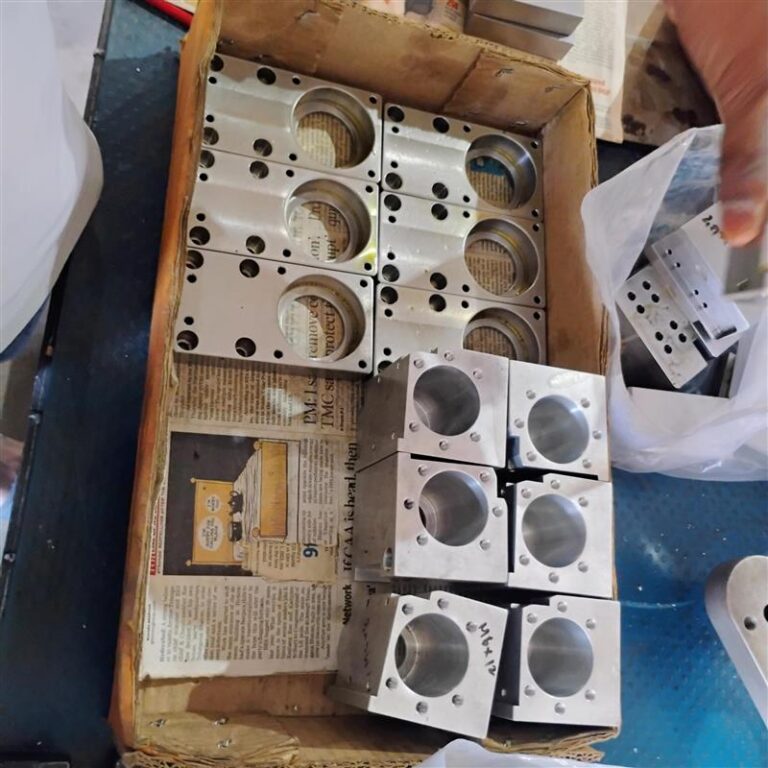
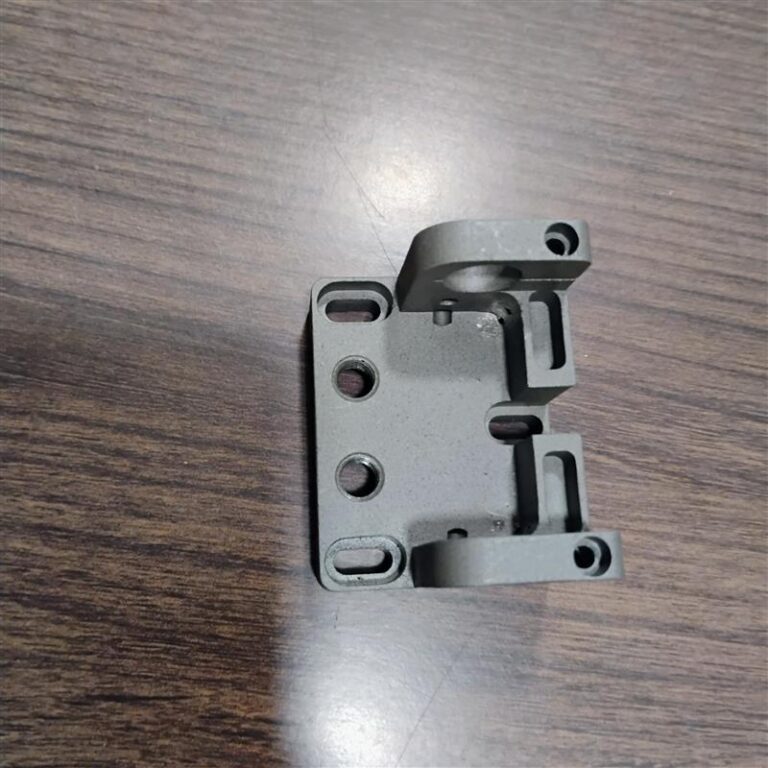
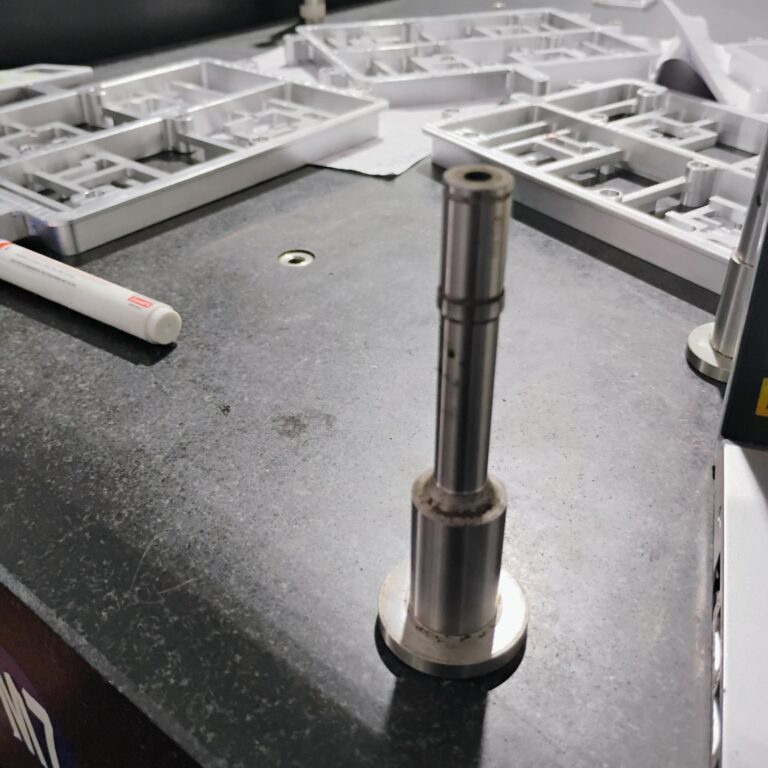
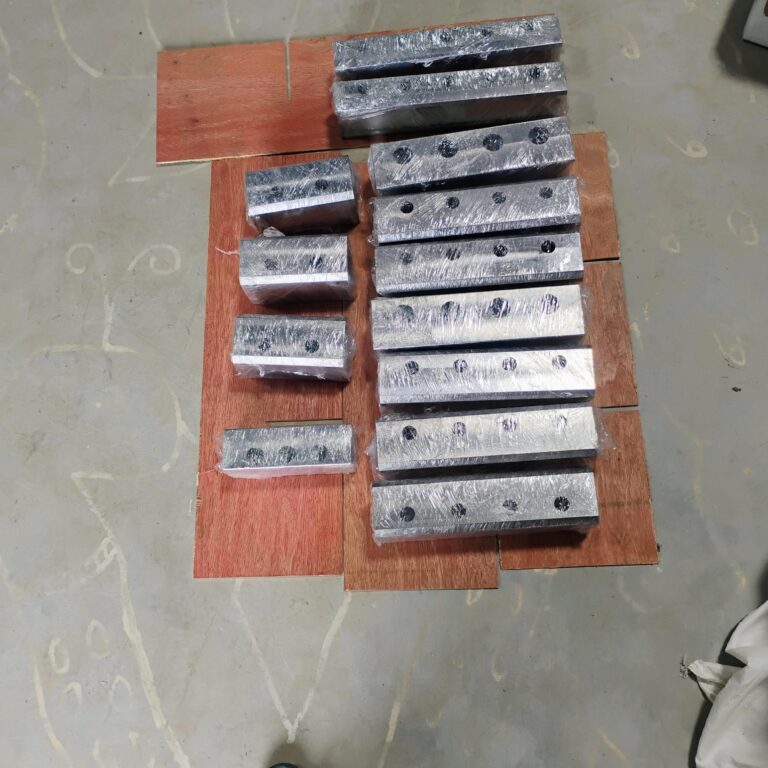


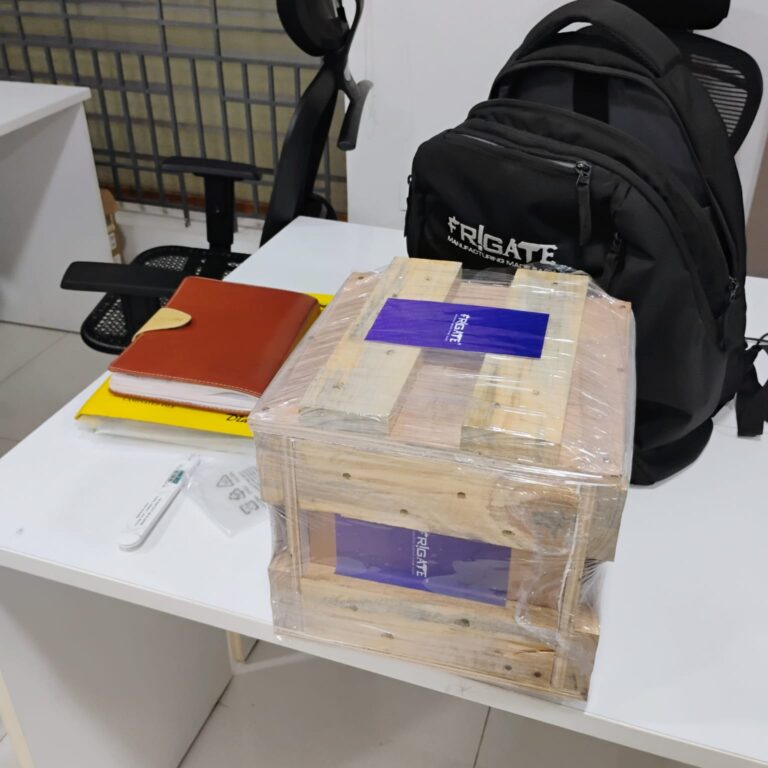



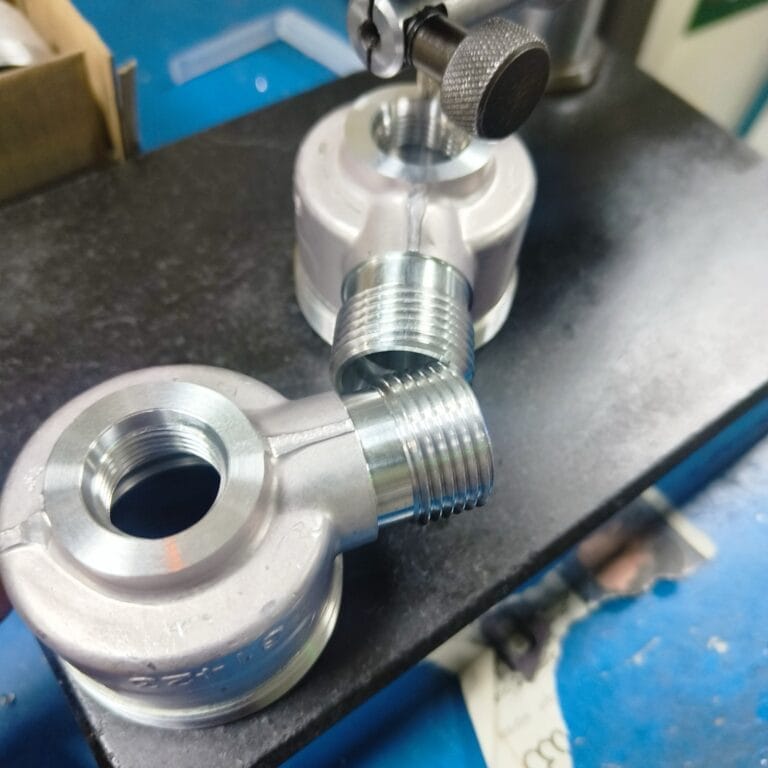

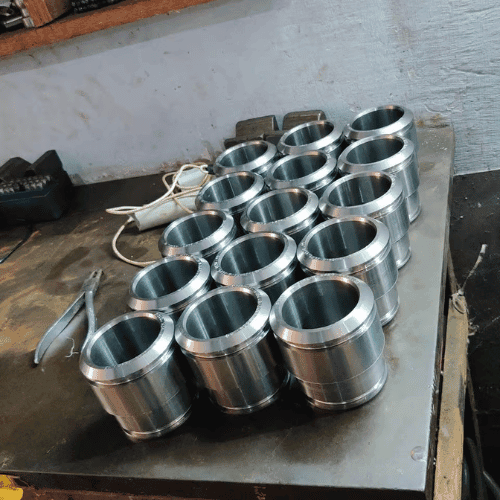
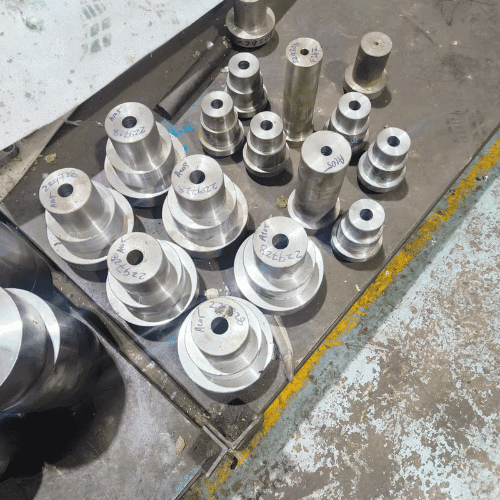
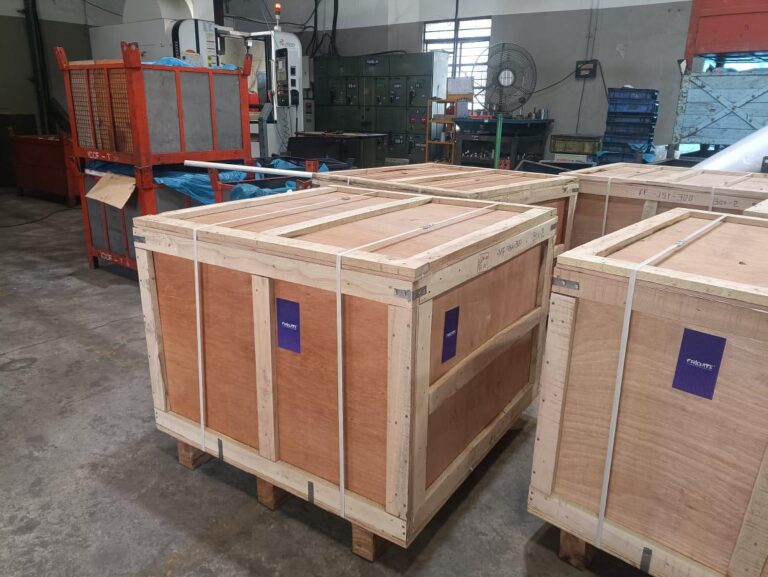
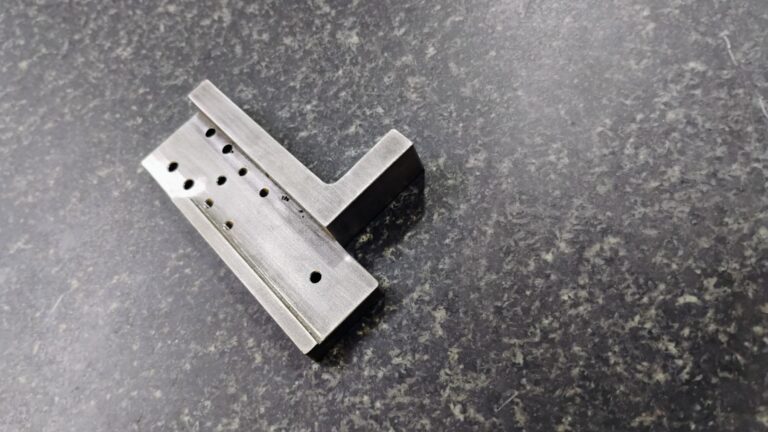
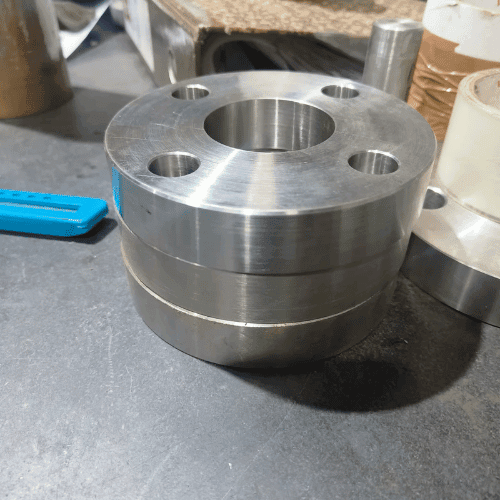
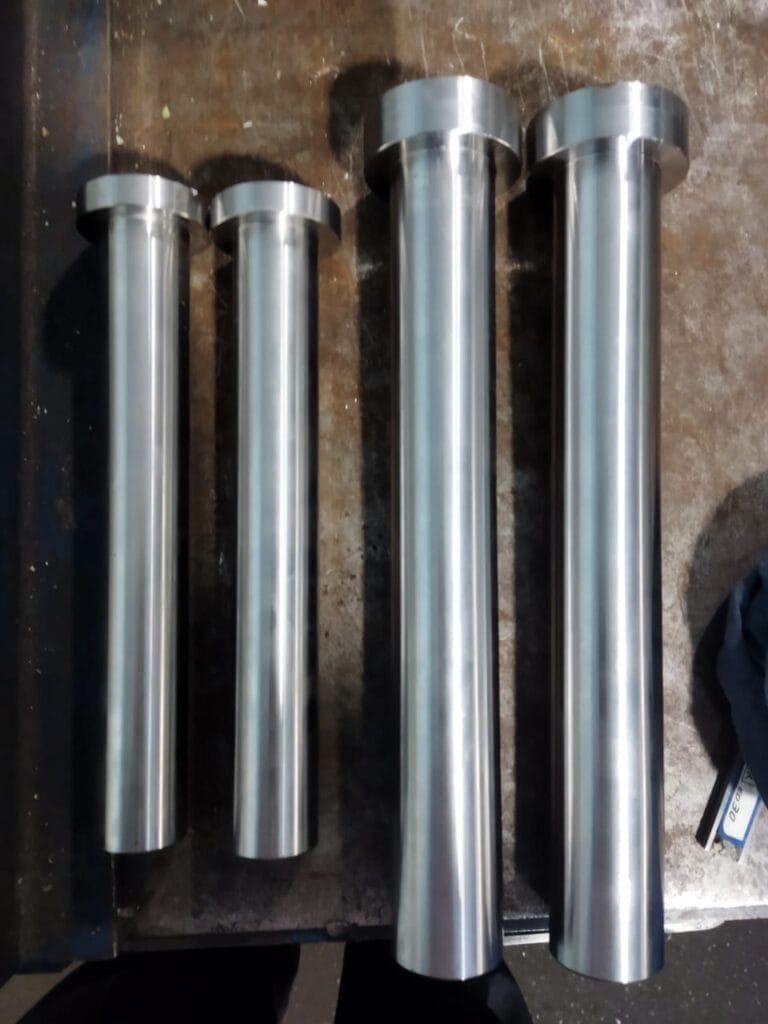

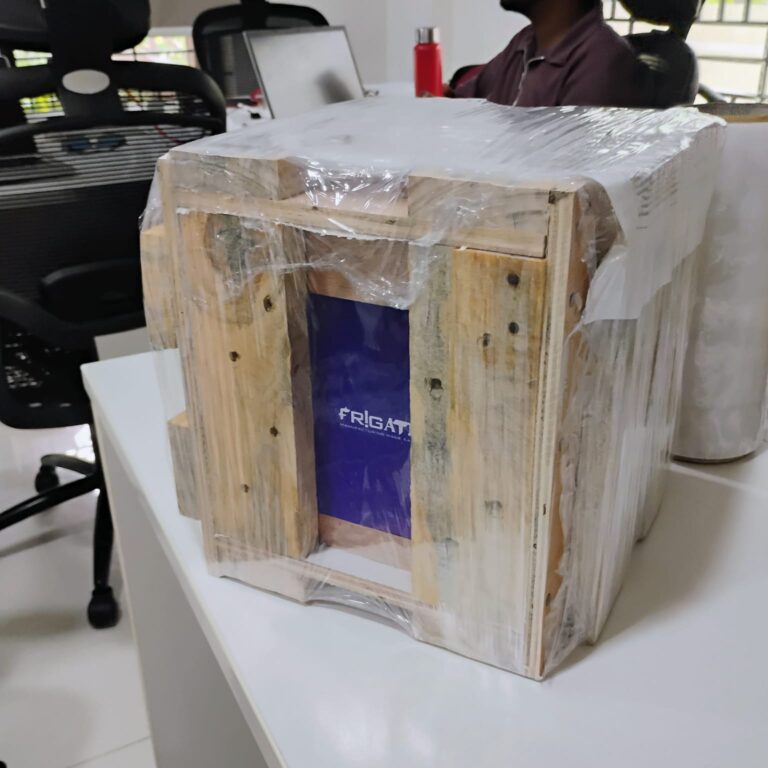

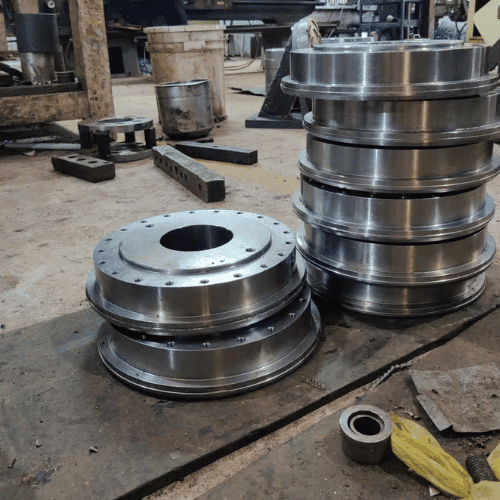
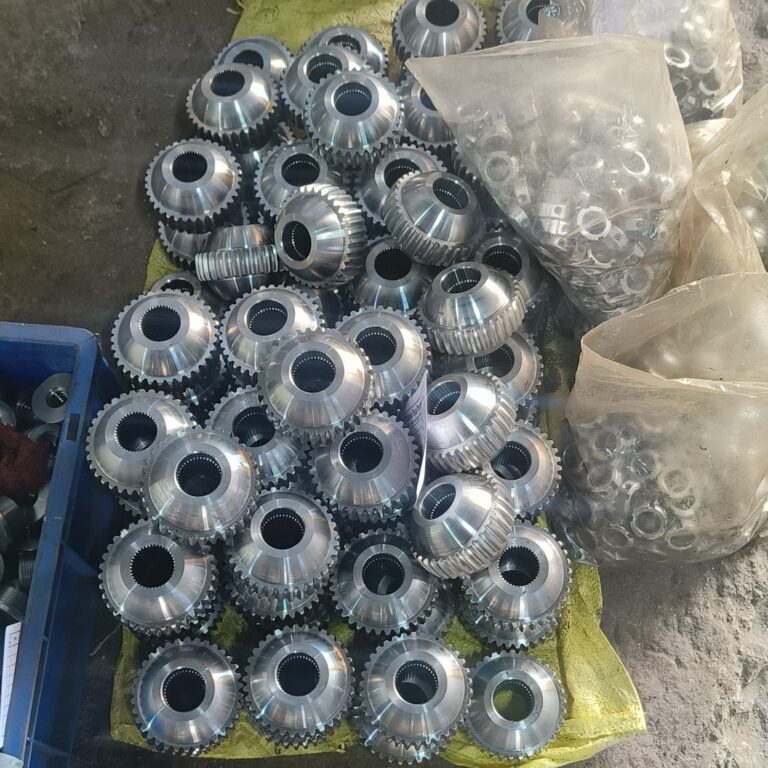
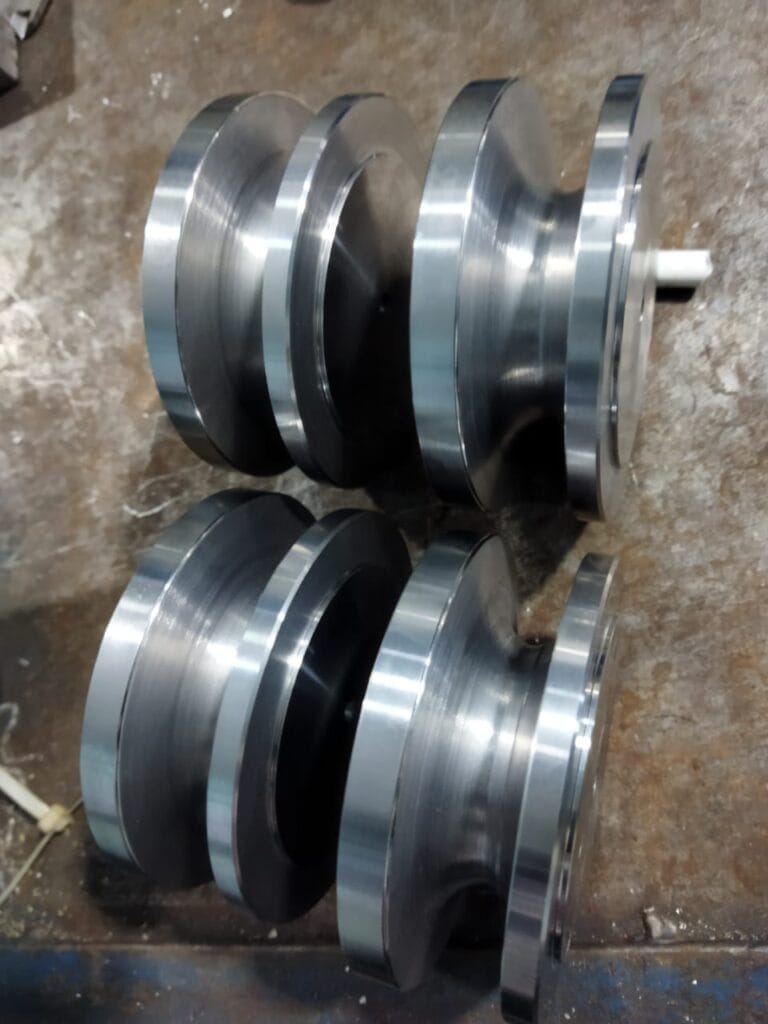
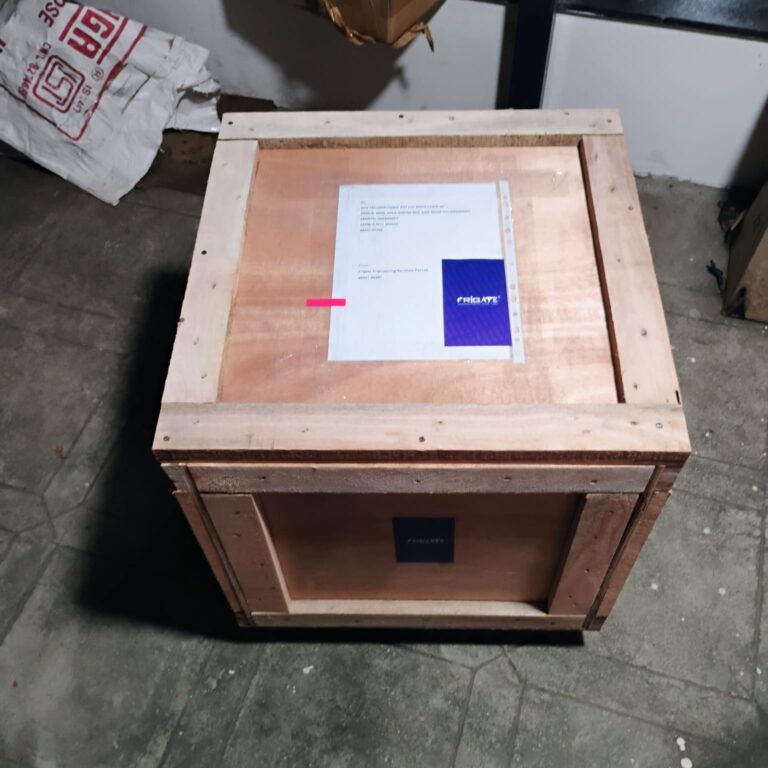
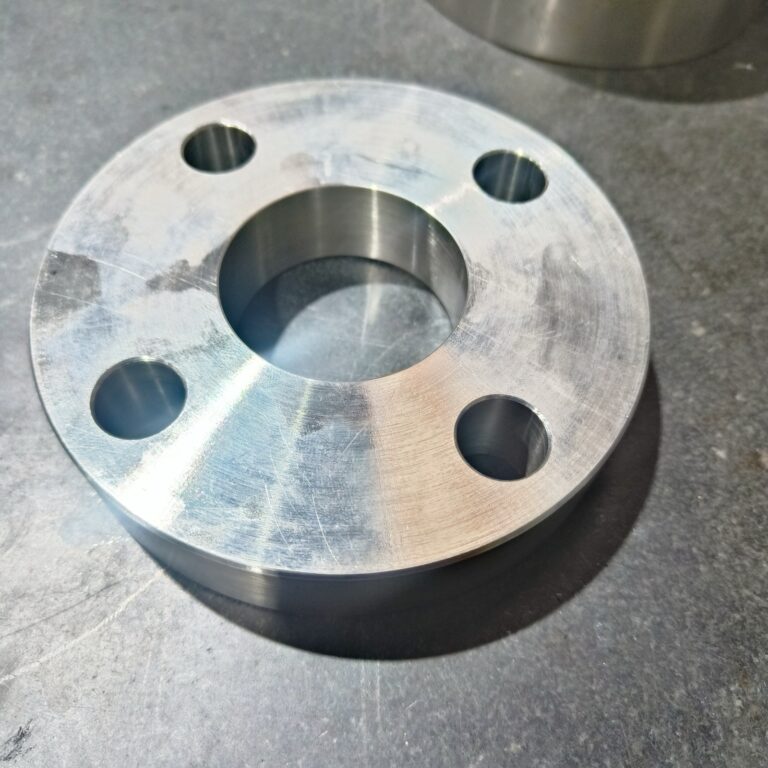
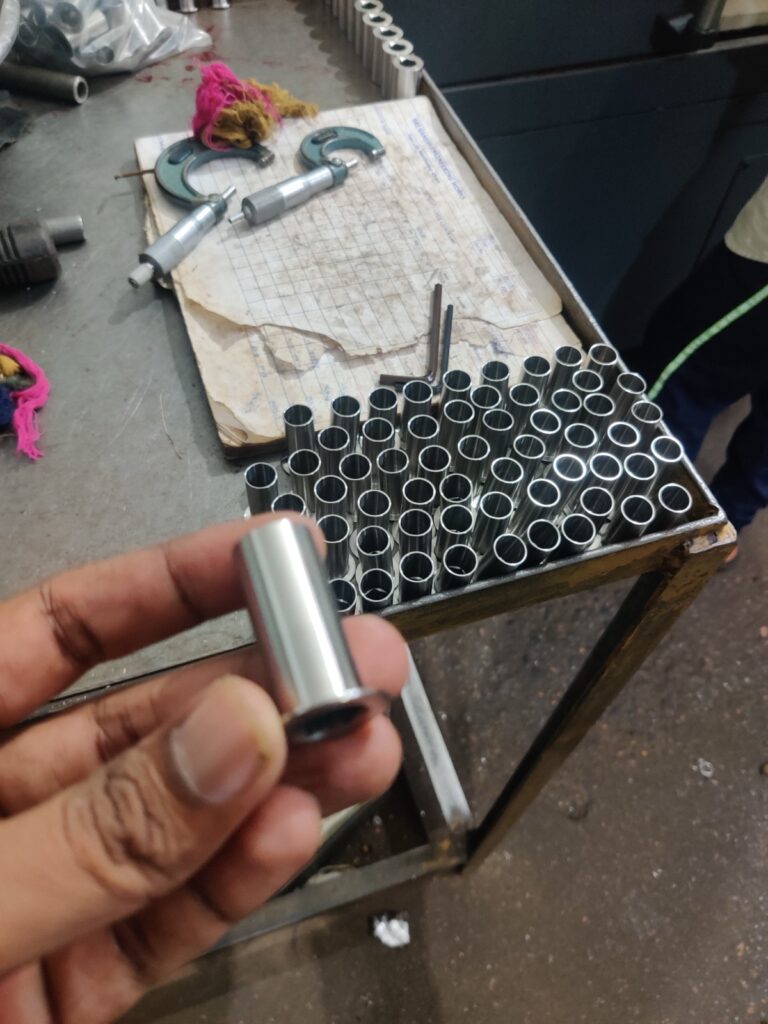
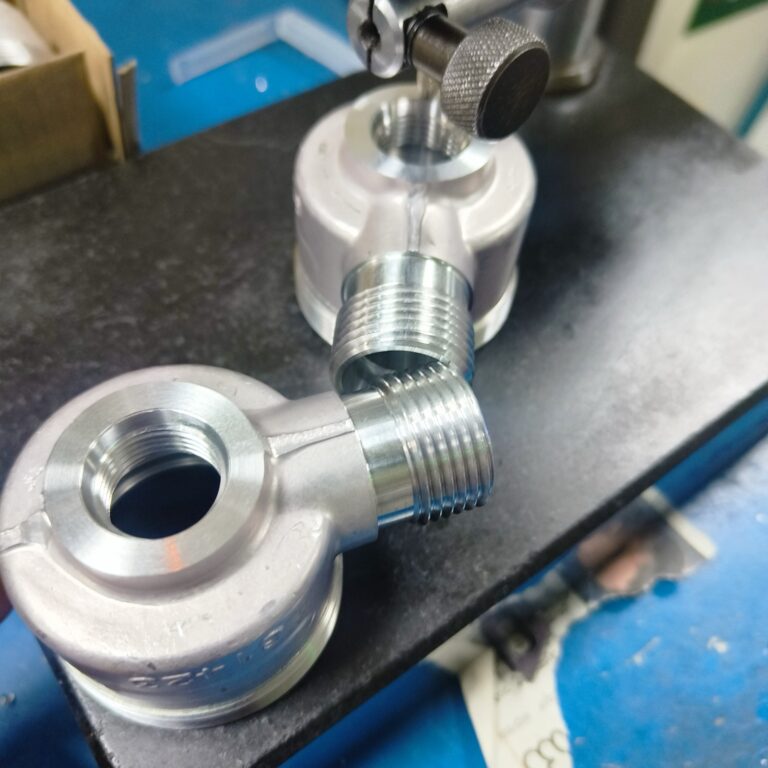
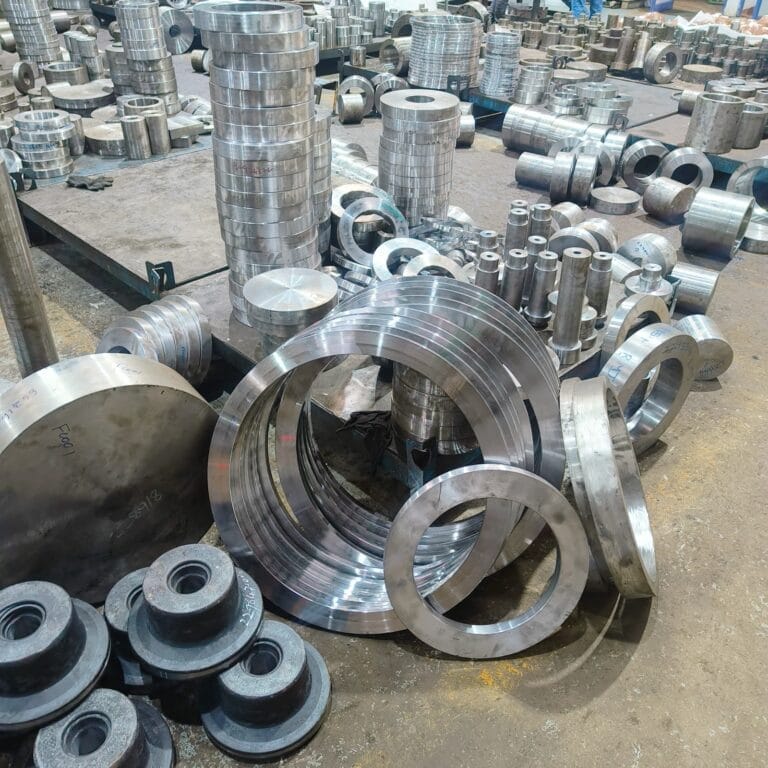
Other Industries We Serve
We deliver machining support across sectors that require consistency, material reliability, and tight dimensional control.
- Solid Progress
Our Manufacturing Metrics
Frigate brings stability, control, and predictable performance to your sourcing operations through a structured multi-vendor system.
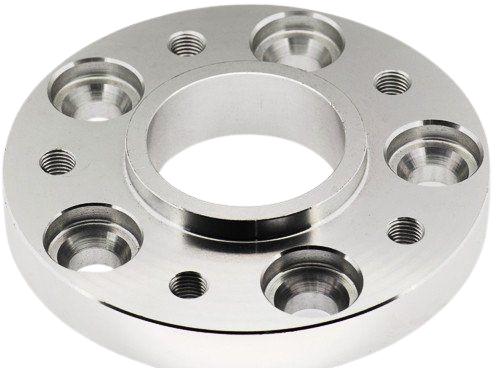
2.8X
Sourcing Cycle Speed
Frigate’s pre-qualified network shortens decision time between RFQ and PO placement.
94%
On-Time Delivery Rate
Structured planning windows and logistics-linked schedules improve project-level delivery reliability.
4X
Multi-Part Consolidation
We enable part family batching across suppliers to reduce fragmentation.
22%
Quality Rejection Rate
Multi-level quality checks and fixed inspection plans lower non-conformities.
30%
Procurement Costs
Optimized supplier negotiations and bulk order strategies reduce your overall sourcing expenses.
20%
Manual Processing Time
Automation of sourcing and supplier management significantly reduces time spent on manual tasks.
Get Clarity with Our Manufacturing Insights
- FAQ
Having Doubts? Our FAQ
Check all our Frequently Asked Questions in CNC Turning
Frigate uses thermal-controlled turning centers combined with direct-drive spindles and high-resolution encoders to maintain tight tolerances. Live probing at multiple tool passes helps correct tool wear and positional drift. Titanium and zirconia implant threads undergo profile validation using non-contact vision metrology. This control ensures thread precision and tight engagement fit inside osseointegrated implant sites.
Frigate applies low-force tooling and exit path optimization to reduce material stress at cut exits. We select chip-breaker geometries tuned for medical-grade metals and polymers. After turning, abutment shoulders undergo controlled deburring using rotary brushes and plasma cleaning. These methods help preserve corner integrity without risking dimensional loss or micro-cracks.
Threading operations use synchronized spindle and toolpath coordination with sub-spindle support for runout control. Each screw is inspected using thread plug gauges and pitch micrometers. Additionally, we validate flank angles and lead errors through optical comparators. This multi-point validation ensures stable anchorage during intraoral torque applications.
To meet hygiene and biocompatibility standards, Frigate controls surface roughness below Ra 0.4 µm using low-RPM finishing passes and tool coatings that reduce friction. Post-turning, components undergo ultrasonic cleaning and DI water rinsing. We verify finish using contact profilometers and cross-check with SEM images for critical features.
Frigate assigns serialized job cards to each lot with full linkage to raw material heat numbers, tool paths, and inspection files. Digital records map part IDs with CAD revisions and production timestamps. We include certificates of conformity and sterilization readiness documentation as part of final delivery. This process supports ISO 13485 and FDA traceability expectations for dental device manufacturing.
We'd love to Manufacture for you!
Submit the form below and our representative will be in touch shortly.
LOCATIONS
Registered Office
10-A, First Floor, V.V Complex, Prakash Nagar, Thiruverumbur, Trichy-620013, Tamil Nadu, India.
Operations Office
9/1, Poonthottam Nagar, Ramanandha Nagar, Saravanampatti, Coimbatore-641035, Tamil Nadu, India. ㅤ
Other Locations
- Bhilai
- Chennai
- USA
- Germany
